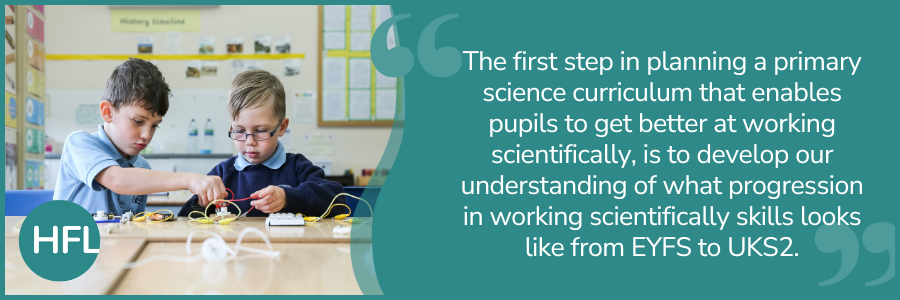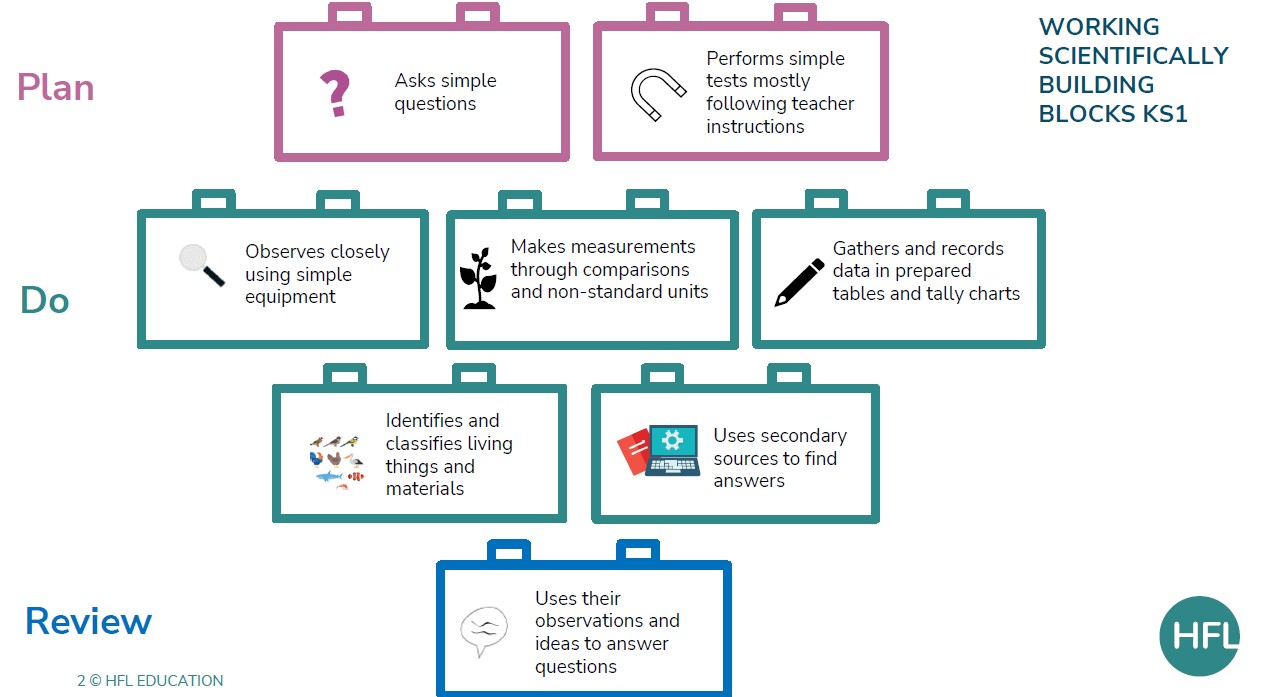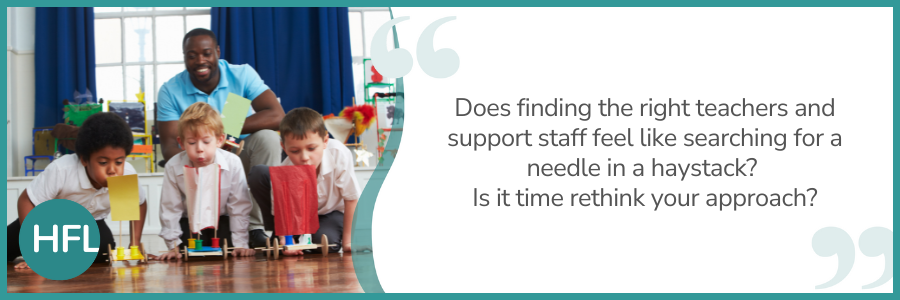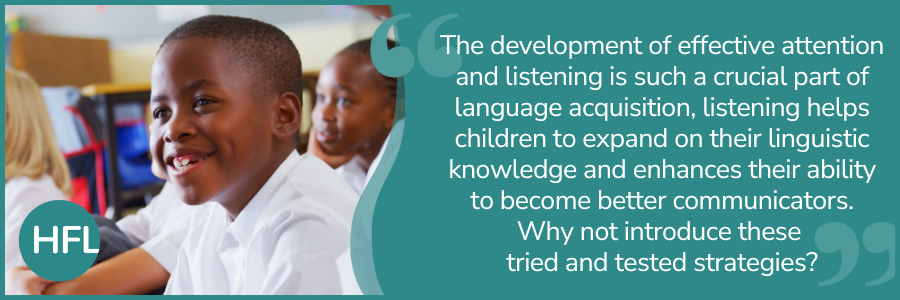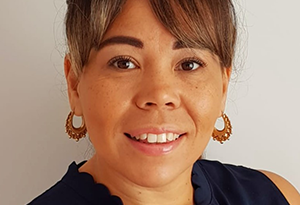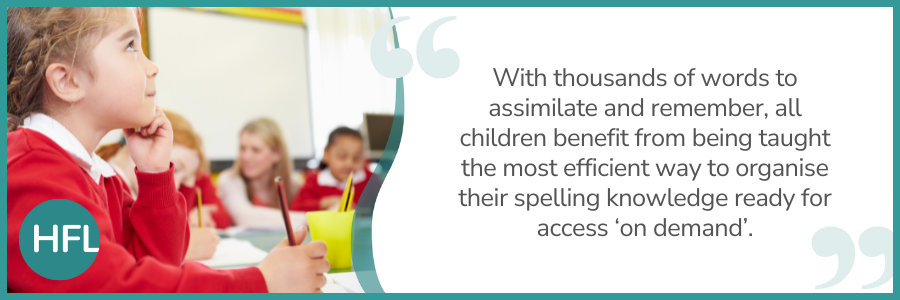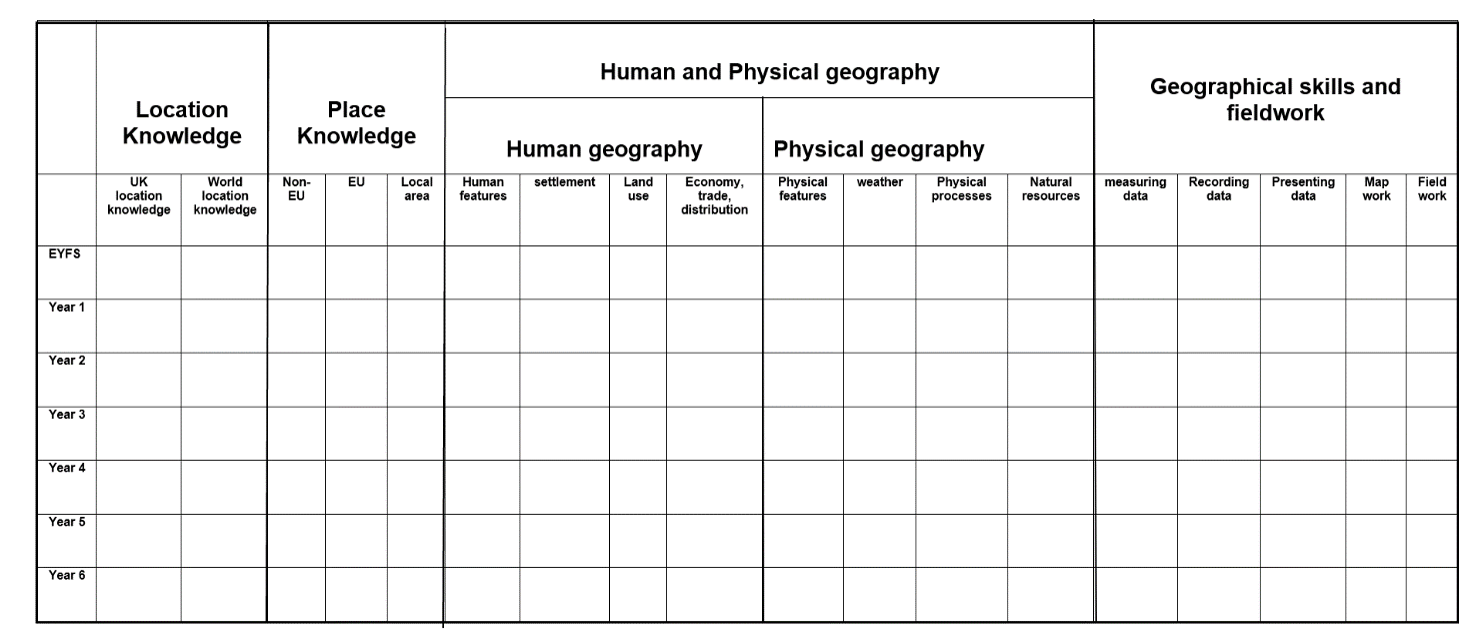Does finding the right teachers and support staff feels like searching for a needle in a haystack? We know there are no great schools without great staff and leaders and whilst there is currently a recruitment crisis in education, is it time rethink your approach?
Individuals train to teach and enter the profession motivated by the chance to change lives, but is that motivation being harnessed to ensure that careers in teaching are attractive, sustainable, and rewarding? Instead of focusing on the recruitment crisis, should we be looking at this through a different lens… retaining staff?
Creating the right culture
A teacher's working life is significantly influenced by the culture within their own school. A positive and inspiring school culture not only makes teaching a rewarding job but also plays a crucial role in staff retention. Whilst the government is responsible for the wider climate in which schools operates, school leaders are responsible for shaping the culture in their school.
Regardless of the profession, people are motivated by results. For some, that may be financial and if that’s the case, chances are, they are not teachers. For those who find themselves in the education vocation, work hard when they can see the difference they are making. When their efforts align with the moral purpose that brought them into the profession, when the support and professional development they receive helps them do their job better, when they feel their work supports pupils/students to progress – then teachers love what they do.
Being a school leader can be a difficult and lonely role. Having to navigate the external pressures of accountability, change and managing challenging pupil/student behaviour can pose significant challenges. These pressures may trickle down to teachers as leaders make decisions that result in increased workload and stress. These actions often arise when headteachers feel compelled to take certain actions, leaving them with limited choices. Consequently, they may resort to over-controlling, excessive data tracking, and generating defensive evidence as a means to safeguard their school.
Does that sound familiar? Is there any wonder why teachers are leaving the profession.
But does it have to be this way? Let’s look at it through another lens and focus on using the appraisal process to reduce attrition and enhance retention, of the right people.
Create a culture of recognition
Easier said than done. There are never enough hours in the day, especially in schools when there is always firefighting to be done and as a leader, you may not have seen firsthand or even heard about something that has been done well and it may even feel minor and insignificant when looking at the big picture. However, it’s important to recognise when staff do a great job, and that’s all staff, your mid-day supervisors, site managers, office staff as well as TA’s and teachers. Every team member is responsible for creating a positive working environment for pupils/students and each other. We’re not talking ruinous empathy here but more radical candour. More on this later.
Think of a well-structured appraisal process is like a VIP pass to a culture of recognition. It's not just about evaluating performance; it's about giving our teachers and support staff a chance to shine. It’s about achievements, contributions, and continuous professional development – the whole shebang! This isn't just a boost for individual morale; it's a celebration that sparks a commitment to excellence among the entire school community.
Demonstrating value and investment
Imagine this: As the leader, you raise a flag that says, "We're fully committed to your development!" Effective appraisal processes do just that. In a time where finding top-notch teachers is like finding a four-leaf clover, showing that the school is invested in its staff is a golden ticket. Valued and supported teachers stick around, creating a dream team crucial to the schools’ success. It’s less training courses and CPD, more personal growth and time to reflect.
Linking appraisal to professional development
Does your current appraisal process merely assess? It shouldn’t be just a checklist but more of a roadmap for professional development that propels growth. Goals should be aligned with tailored development opportunities. The result? A school that's not just keeping up but leading the innovation charge.
Boosting staff morale through constructive feedback
Understanding ruinous empathy, manipulative insincerity, obnoxious aggression, and radical candour is crucial for shaking up the traditional approach to appraisals. Ruinous empathy, where you're overly understanding to the point of avoiding necessary criticism, can hold back professional growth. Manipulative insincerity involves giving insincere praise or feedback with hidden motives, which undermines the authenticity of the appraisal process. Obnoxious aggression is about delivering blunt and harsh criticism without any constructive intent, creating a hostile environment. Meanwhile, radical candour encourages honest and direct communication while genuinely caring about an individual's development.
Throw out the notion that appraisals are all about pointing fingers and ticking a box. A constructive appraisal process changes the game by focusing on and recognising strengths, offering thoughtful guidance, and building a growth mindset. In a world where teacher burnout looms like a dark cloud, positive reinforcement is the superhero cape every staff member needs. Instead of solely pointing out weaknesses, the appraisal process becomes a platform for acknowledging and leveraging strengths. This shift might not just boost morale but could also instil a sense of accomplishment and motivation.
The connection between happy teachers and a thriving school environment is undeniable. Positive reinforcement not only benefits individuals but also contributes to a shared sense of well-being within the school community. Happy teachers are more likely to be engaged, creative, and dedicated, creating a positive influence that permeates the entire school and community. Essentially, a constructive appraisal process aligns with the philosophy of a win-win situation – uplifting teachers and, consequently, enhancing the overall quality of the school environment.
Enhanced staff engagement
Engagement isn't just a buzzword; it's the secret ingredient for a vibrant learning environment. An effective appraisal process isn't a one-time pat on the back; it's a constant cheerleader for staff. When teachers feel acknowledged and supported, they're not just clocking in; they're diving in with all their passion. And guess what? That enthusiasm creates a ripple effect that touches every corner of the school community.
The ripple effect on staff retention
Retaining staff is a significant challenge in education. However, a well-executed appraisal process can help address this issue. Creating an environment where each staff member feels valued and essential leads to a substantial reduction in turnover rates. It goes beyond just having a job; it involves a deep commitment. Professional growth, recognition, and positive vibes play crucial roles in achieving this.
Conclusion
In the complex landscape of education challenges, could the appraisal process be the answer to the recruitment issues we currently face? It doesn’t have to be used as a mere tick box tool; it plays a vital role in fostering a culture of recognition, professional development, and positive engagement. School leaders take note! By investing in the growth and well-being of your staff, you're not just addressing today's needs; you're laying the foundation for a future where talent is nurtured and grown, creating succession.



